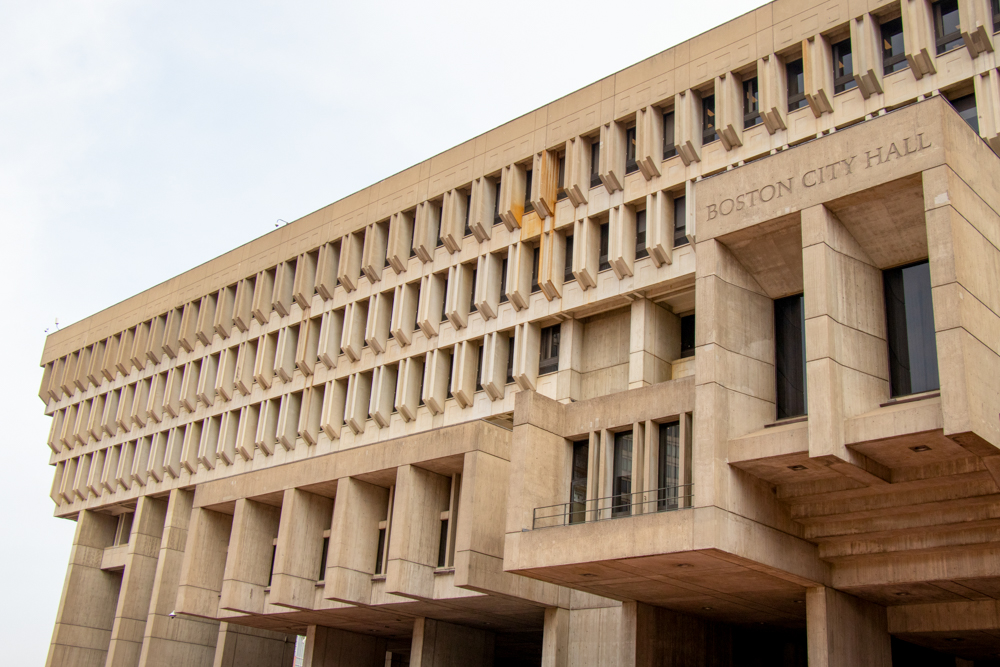City Council authorized $500,000 for a new high school data analytics curriculum, proposed pedestrian safety measures and recognized April as Fair Housing Month in its Wednesday meeting.

The new Open Data Curriculum was awarded by the Massachusetts Department of Education and will be administered by the Department of Innovation and Technology.
According to a March 29 report by City Councilor Henry Santana, chair of the Committee on Education, the grant would “fund the development of a curriculum that can be used by teachers in Boston Public Schools, as well as other educational providers that leverage existing open data from the city, state, and federal government.”
The program is targeted towards high school students, but has the potential to expand in the future to service younger students as well, said Santana.
“In addition to teaching practical skills for a variety of careers, I think it’s a great way to encourage civic engagement by our students,” said Santana.
Santana highlighted the importance of youth education to help enter the field of data analytics, as well as the underrepresentation of women and people of colors in these fields, which typically lead to high income jobs.
“Using real world data will provide students with the opportunity to learn about Boston and investigate community issues, which is [a] great way to get more involved,” Santana said.
City Councilor Ed Flynn also proposed measures to improve pedestrian safety, in light of the death of 4-year-old Gracie Gancheva after being struck at a Seaport intersection.
“There are now four pedestrian deaths in Boston so far this year, with seven pedestrian fatalities last year,” Flynn said. “These tragedies remind us of the work that must be done to realize … the goal of having zero serious and fatal traffic crashes.”
Flynn’s proposed measures include speed humps, raised crosswalks, rapid flash beacons, pedestrian islands and curb extensions. Flynn also recommended the lowering of residential speed limits from 25 miles an hour to 20 miles an hour, as well as reforming “concurrent traffic signals.”
“The pedestrian can cross in the crosswalk, and at the same time, the vehicle can make a turn on the same crosswalk,” Flynn said. “It’s many cases around the city, and I can name you a half dozen in and around my neighborhood.”
The City Council advanced an order for a hearing on pedestrian safety to explore these measures.
The motion to recognize April as Fair Housing Month passed unanimously and was co-sponsored by all 13 council members. It came a day prior to the anniversary of Dr. Martin Luther King’s death, and a week prior to the anniversary of the Civil Rights Act of 1968, also known as the Fair Housing Act.
“President Johnson encouraged Congress to pass the law quickly as a way to honor Dr. King’s work,” City Council President Ruthzee Louijeune said. “I want to honor Dr. King and the work that he did in housing and all areas … As we commemorate his assassination, we also must recognize the work that he has left undone.”
Louijeune said she files the resolution each year to remind the city that everyone should have an “equal chance to live where they want,” acknowledging Boston’s history of discriminatory housing practices like blockbusting and redlining.
Santana acknowledged that the Fair Housing Act is “worthy of celebration,” but Boston must do more.
“Just having a month isn’t enough. We have to enforce it, too,” Santana said, adding that next Monday the Council will hold a hearing on improving fair housing practices in Boston.












































































































